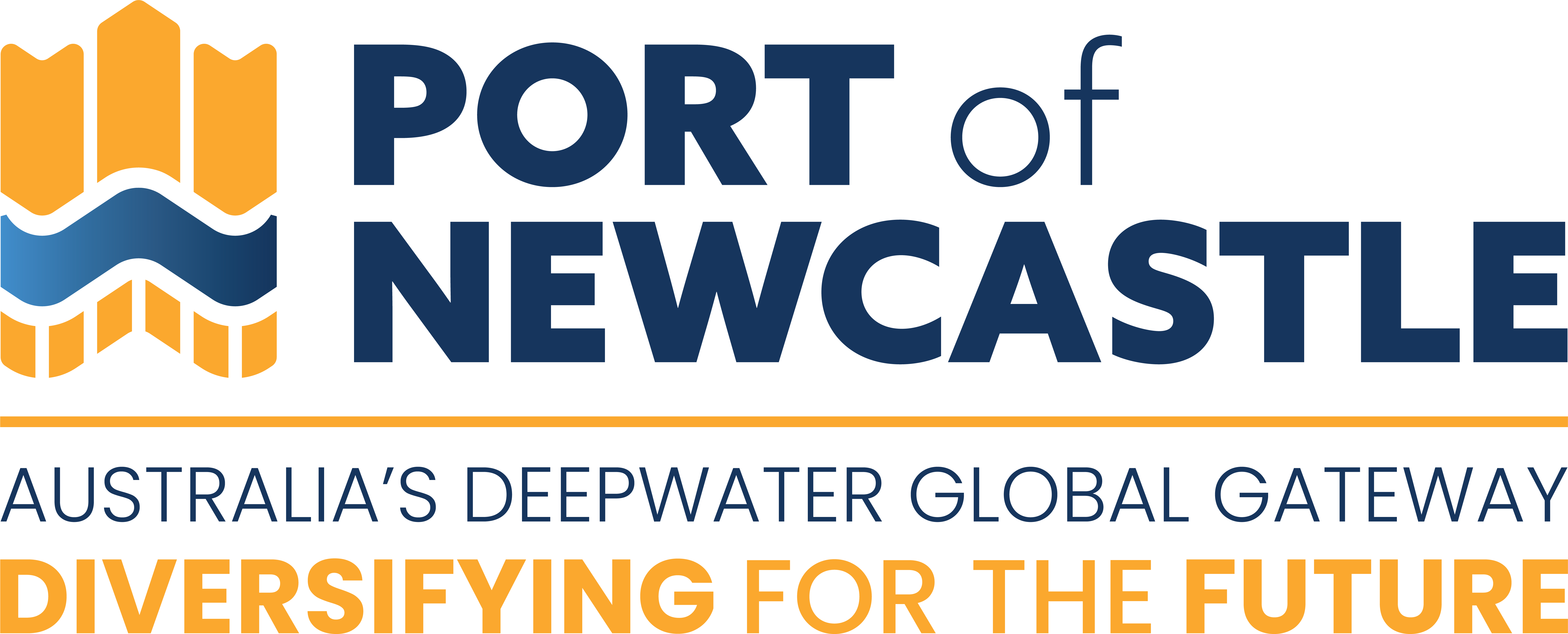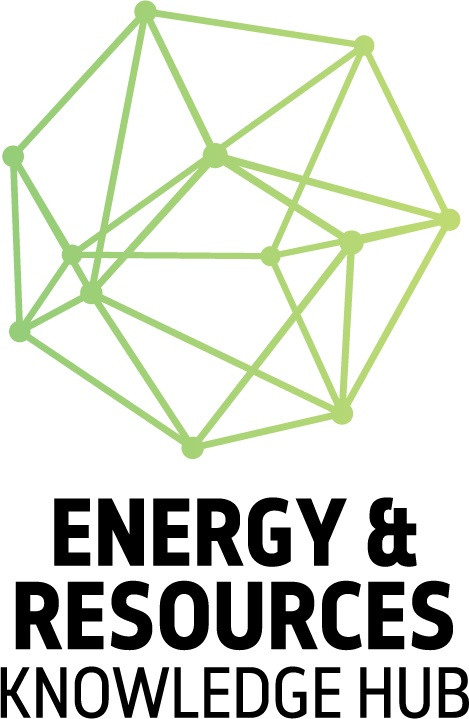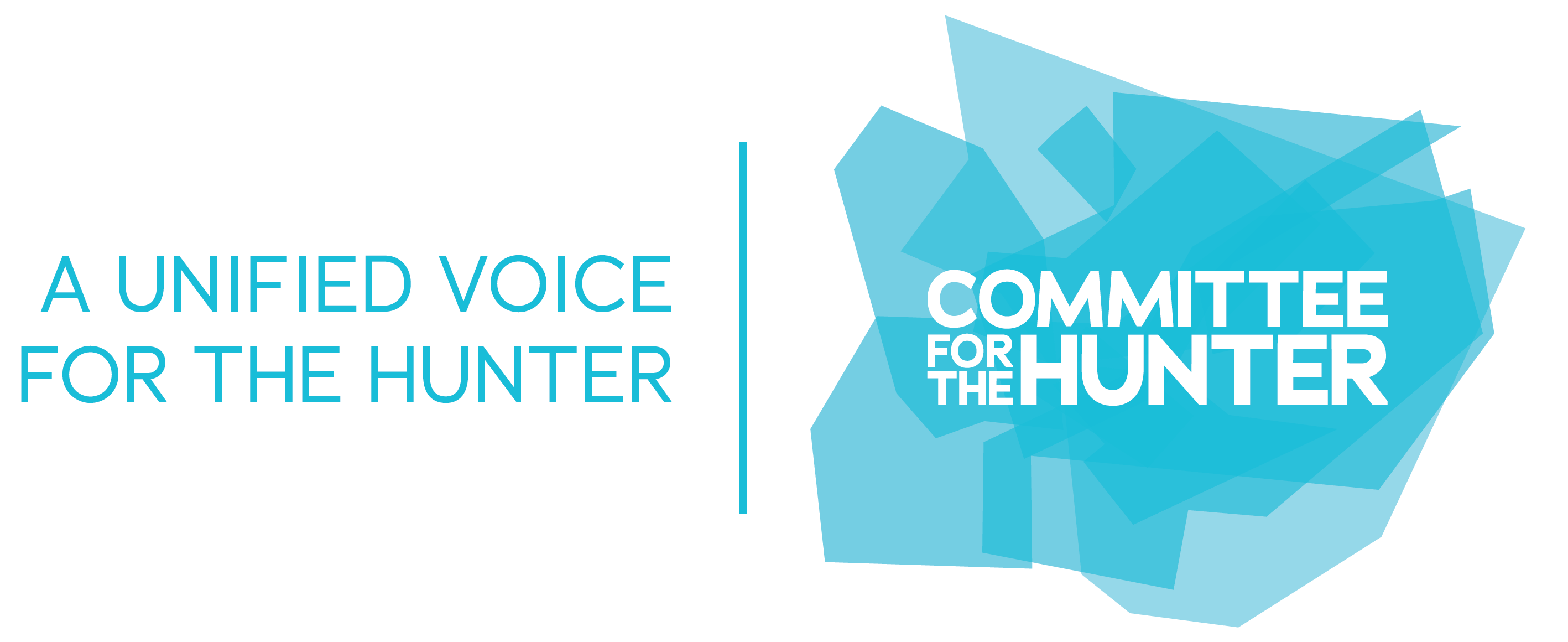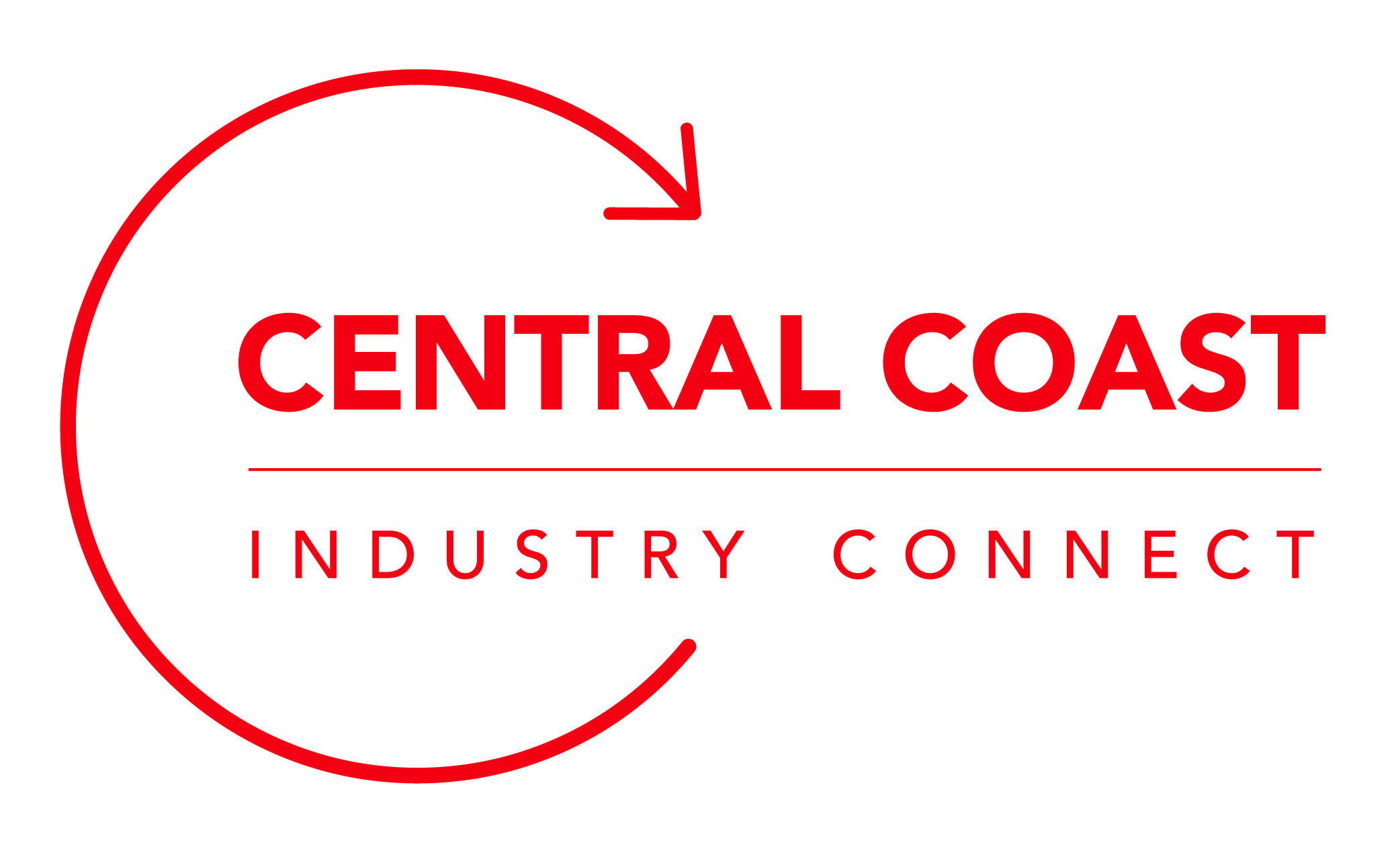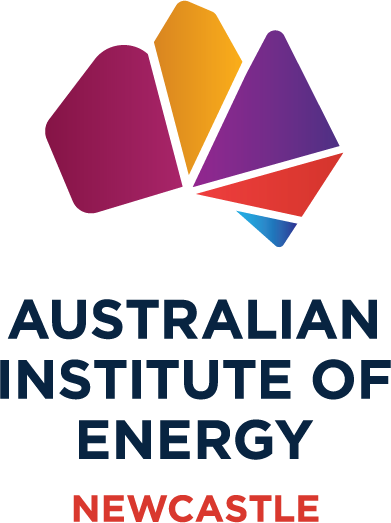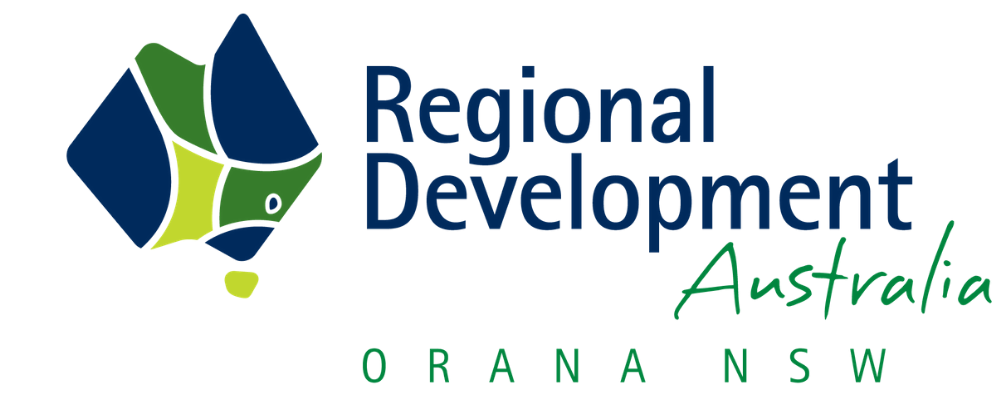Good vibrations turbo charge green hydrogen production
Engineers in Melbourne have used sound waves to boost production of green hydrogen by 14 times, through electrolysis to split water.

They say their invention offers a promising way to tap into a plentiful supply of cheap hydrogen fuel for transportation and other sectors, which could radically reduce carbon emissions and help fight climate change.
By using high-frequency vibrations to “divide and conquer” individual water molecules during electrolysis, the team managed to split the water molecules to release 14 times more hydrogen compared with standard electrolysis techniques.
Electrolysis involves electricity running through water with two electrodes to split water molecules into oxygen and hydrogen gases, which appear as bubbles. This process produces green hydrogen, which represents just a small fraction of hydrogen production globally due to the high energy required.
First author Yemima Ehrnst said the sound waves also prevented the build-up of hydrogen and oxygen bubbles on the electrodes, which greatly improved its conductivity and stability.
“Electrode materials used in electrolysis suffer from hydrogen and oxygen gas build-up, forming a gas layer that minimises the electrodes’ activity and significantly reduces its performance,” said Ehrnst, a PhD researcher at RMIT’s School of Engineering.
As part of their experiments the team measured the amount of hydrogen produced through electrolysis with and without sound waves from the electrical output.
“The electrical output of the electrolysis with sound waves was about 14 times greater than electrolysis without them, for a given input voltage. This was equivalent to the amount of hydrogen produced,” Ehrnst said.
While the innovation is promising, the team needs to overcome challenges with integrating the sound-wave innovation with existing electrolysers to scale up the work.
"We are keen to collaborate with industry partners to boost and complement their existing electrolyser technology and integrate into existing processes and systems," Yeo said.
"Acoustically-Induced Water Frustration for Enhanced Hydrogen Evolution Reaction in Neutral Electrolytes" is published in Advanced Energy Materials. The co-authors are Yemima Ehrnst, Amgad Rezk and Leslie Yeo from RMIT and Peter Sherrell from the University of Melbourne.



